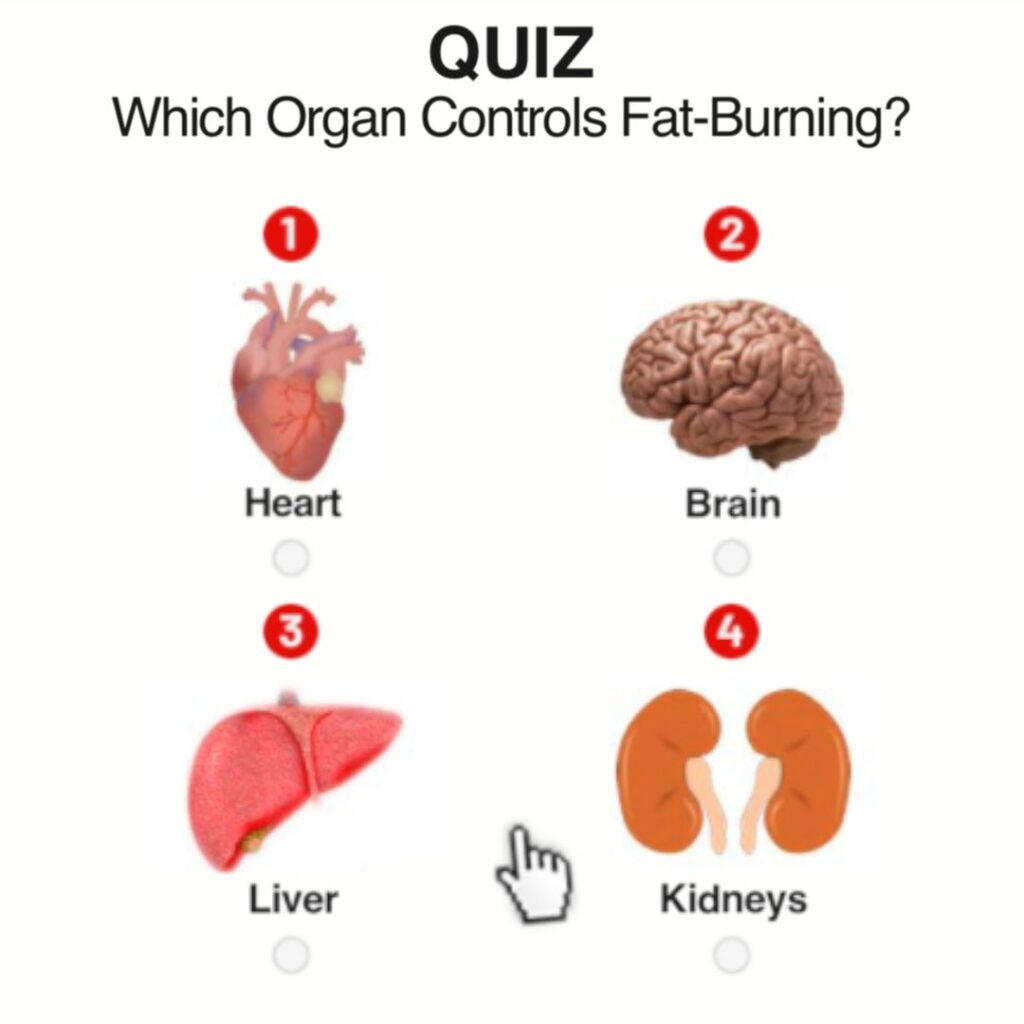One of the best ways to lose, or control, excess weight is by doing intermittent fasting in combination with a consistent exercise program. Intermittent fasting mimics early man in that there were no Bob Evans or IHOP restaurants available then for breaking your fast. It was more likely that meals were eaten after exhausting energy to get it.
And because the light bulb wasn’t around then either people went to bed when the daylight faded so food wasn’t eaten after dark.
Today food is readily available twenty-four hours and is advertised through several different media channels. It’s no wonder diseases like diabetes, heart disease and cancer is prevalent in our society today.
Food is to be eaten for energy and not to sustain us to watch TV or sit for hours in traffic or playing video games.
An ideal way to prevent diabetes and its complications from happening to you is to become more active. This means moving your body — whether it’s doing an exercise routine or mowing the lawn or vacuuming the house . . . . even cleaning the bathroom. Sitting for extended times will lead to poor health. The food we eat must be nourishing foods that don’t lead to weight gain. It doesn’t have to be rabbit food but sustaining foods.
Korin Miller makes some good points in the following article about skipping meals.
The Surprising Link Between Skipping Meals and Belly Fat

We hate to say it, but mom was right. (Photo: Getty Images)
You’ve heard it before, and probably more than once: It’s not a good idea to skip meals. But while dietitians (and your mom) have given that advice for years, there hasn’t been a lot of science that explains why it’s so bad for you — until now.
It sounds counterintuitive, but researchers from Ohio State University have discovered that skipping meals can actually cause you to gain weight, specifically in your midsection — that’s right, the dreaded belly fat.
In the study, scientists found that mice that were given all of their food as a single meal and fasted the rest of the day developed insulin resistance in their livers, a sign of pre-diabetes. (When the liver doesn’t respond to insulin that tells it to stop producing glucose, the extra sugar that is produced ends up being stored as fat.)
The mice on a restricted diet ended up regaining the weight as calories were added back into their diets and nearly weighed as much by the end of the study as the mice that ate a normal diet. Not only that, the mice who skipped meals had belly fat that weighed more than those who ate whenever they wanted.
But why is belly fat in particular such an issue? “It’s the most harmful type of fat for your body,” says Peter LePort, MD, medical director of the Memorial Care Center for Obesity at California’s Orange Coast Memorial Medical Care Center.
According to research published in the American Journal of Clinical Nutrition, excess abdominal fat is linked to an increased risk of developing type 2 diabetes, and a 2013 study published in the Journal of the American College of Cardiology found that belly fat causes an increased risk of developing heart disease and even cancer.
But skipping meals won’t just make you gain more weight in your belly, says nutrition expert Karen Ansel, RDN, CDN — it increases your odds of gaining weight all over.
“Eating regular meals keeps your appetite on an even keel, so you’re less likely to overeat at your next meal,” she explains to Yahoo Health, adding that you’re also more likely to make healthy choices when you eat every meal because you’re not desperate to grab anything you can get your hands on.
Regular, balanced meals can also help you maintain a healthy weight because they positively impact your metabolism, according to research published in the American Journal of Clinical Nutrition.
Ansel recommends that people aim to eat three meals, plus one or two snacks a day. That should leave you feeling full and also keep your blood sugar and insulin levels on an even keel.
Of course, if you regularly forget to eat or are often too busy to sit down to a meal, it can be tough to suddenly break the habit. However, it’s doable.
Ansel says most people who skip meals end up doing it at breakfast because they aren’t hungry when they wake up. She recommends taking a look at what you eat at night since breakfast skippers tend to eat a big meal in the evening.
“That causes a vicious cycles where they’re never hungry during the day,” she says, adding that night-eaters should strive for an earlier dinnertime in order to feel hungry again in the morning.
Get so busy that you often forget to eat? Set a calendar reminder or alarm on your phone. It may feel silly at first, but it’s totally worth it in the long run.
You can view the original post here
P.S. As you become more active you will need to remind yourself to check your glucose levels before, during and after each session because they will fluctuate depending on how vigorous you are exercising.
P.P.S. Go to exercises for diabetics today for information on various exercises to relieve diabetic complications.





